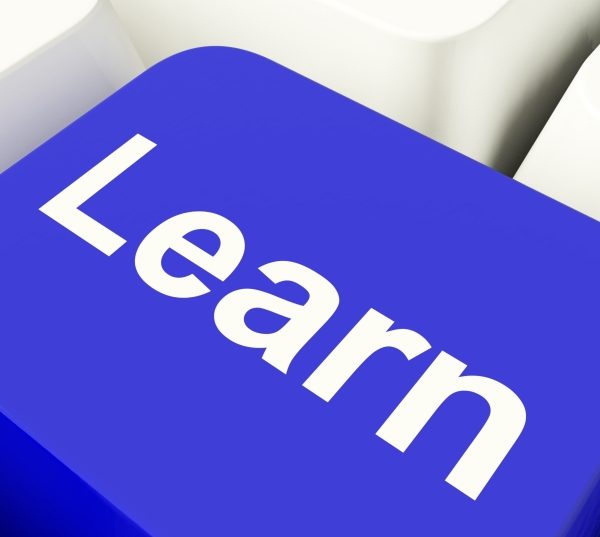Students struggling to learn a language often want to know if there are better or more effective techniques that will enable them to reach their objectives.
“Is there a better, quicker or more effective way to learn a language?” they often ask. From language practitioners such as those at the Museum of Knowledge, we advise that yes there is a better way.
The best way to learn a language is for students to ensure they commit enough time and dedication to the process. Learning a language and perfecting those skills does not occur overnight and ensuring that the correct techniques are employed is essential. Language learners should not forget the importance of grammar, syntax and spelling, and embarking on structured, immersion language courses such as those offered by the Museum of Knowledge can be of great assistance. Language competency is directly related to reading comprehension that features as a major part of the Museum of Knowledge learn a language programme. This in itself can assist language learners considerably so that they can communicate both in the business context and socially with ease. Reading comprehension exercises offered at the Museum of Knowledge can assist language learners with writing, listening and speaking skills and it is the reading skills we at the Museum of Knowledge suggest students perfect. This will enable language learners to commence familiarizing themselves with a language and its core structure before embarking on other modules.
Other immersion techniques offered by the Museum of Knowledge from 2018 will include games, watching structured visual materials, listening to audio excerpts and speaking with others who speak the same target language the student is learning.




